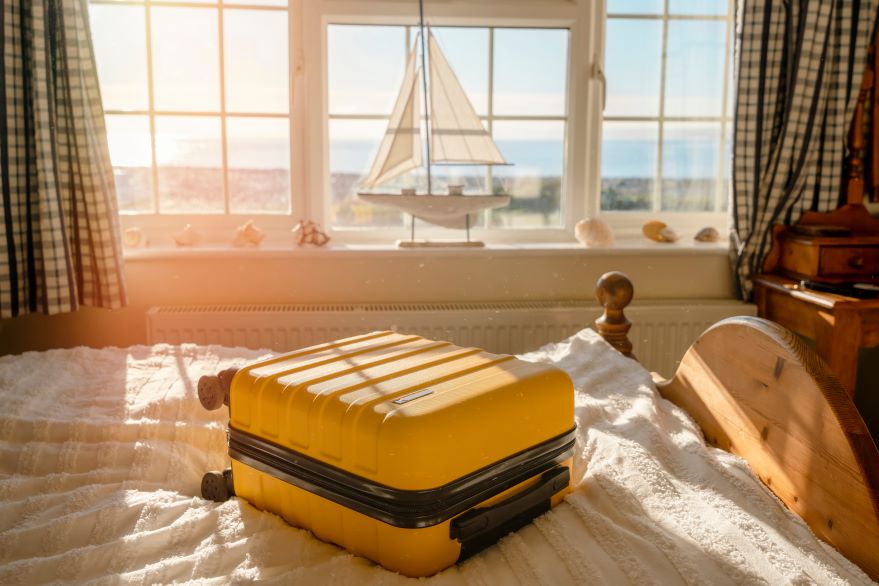Putting your holiday home into hibernation

Whether it’s for your own personal use, or a holiday let, having a holiday home can be great excuse to escape for a long weekend, especially during the warmer months. Whilst it may get lots of love over the summer, it’s important that you don’t forget about your second haven during the winter – when occupancy is more infrequent.
To help, here are some things to consider when closing up for the winter months.
Reducing the risk of frozen pipes
Although winter temperatures can be mild at times, the British weather can change at the drop of a hat and freezing temperatures can cause significant and costly damage to a property’s pipes. The Association of British Insurers estimates that the cost of insurance claims for a burst pipe can rise to £7,500 during the freezing weather.
Here are some steps you can take to reduce the risk of your pipes freezing:
Make sure your boiler has had its annual service.
Repair any dripping taps, fittings or cisterns and insulate all exposed pipes – paying special attention to pipes in unheated areas such as loft spaces or garages.
Maintain the water temperature by keeping the heating on low – the best energy-saving solution is to use a timer programme. This should be between 10-12 degrees as a minimum, but each insurers’ temperature range may vary, so it’s important to check your holiday home insurance policy and comply with any specific requirements.
There are also smart devices available:
A smart central heating device, like the Hive system, allows a more accurate control of the heating, particularly when connected to radiator thermostats. This can help ensure that there are no cold spots in a property, particularly useful if the property is empty in the winter months.
A water leak detector can reduce the risk of water damage should you have a burst pipe. These work in two ways, with the more advanced devices automatically shutting off the incoming water mains supply. Other devices text an alert to your mobile phone. Simpler shut-off valves are also available, and these enable the homeowner to manually turn off the water when leaving the property unattended for longer periods of time.
Holiday home security
Here are some things you can do whilst your holiday home is empty:
Ensure your security arrangements are working and in operation – doors and windows locked, alarm set, CCTV on and fully charged.
Put interior lights on a timer – to put off any unwanted visitors.
Place valuable, and usually visible, items out of sight – try not to willingly invite unwanted visitors to the property.
The onward march of technology has brought with it devices that can help with home security. For example, smart plugs can be used to turn on lights, close the curtains, or turn on the radio.
Holiday home inspections
A holiday home insurance policy usually has a requirement to check the property every 7, 14, or 21 days. Whilst you may have arrangements already in place to carry these checks out, it’s worth having a back-up – especially during the festive period. Here are some things to consider:
Speak to trusted neighbours – a familiar resident nearby may be able to operate internal checks should your usual arrangements be unavailable.
Research local agencies – depending on your location, there could be an opportunity for companies to check on your property. Check for local agents in your area.
Make the most of the space – thinking of changing up your plans this year? Have any friends or family looking to switch up their festive break? See if there’s anyone close to you that wants a change of scenery this year – it could benefit them, and you!
If you can’t meet your policies internal inspection requirements, let your insurance broker or insurer know.
How a broker can help
A specialist home insurance broker, like Howden, can talk to you about your property and make security and safety recommendations before going to the insurers. This can include safes, alarms, cameras, and locks, as well as smart technology. All of these lower the risk for insurers and will give them more confidence to provide their best quotations.
Equally, if you’d like to discuss a security plan or upgrades for your holiday home or if you plan to leave it unoccupied for a prolonged period of time, we can introduce you to security companies and property management companies. It’s just one of the many benefits of using a broker. Find your nearest branch, and stop by or give the team a call.





